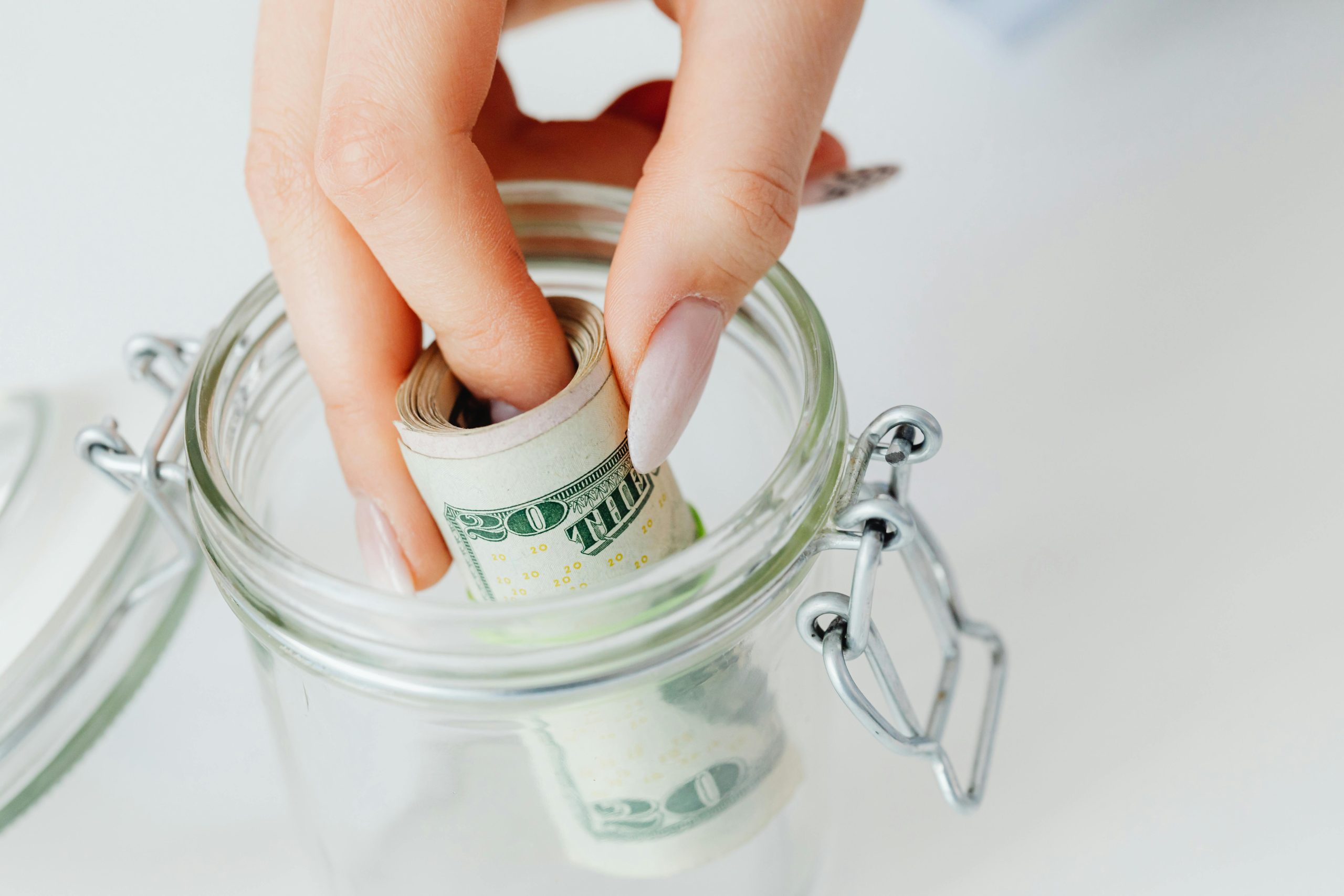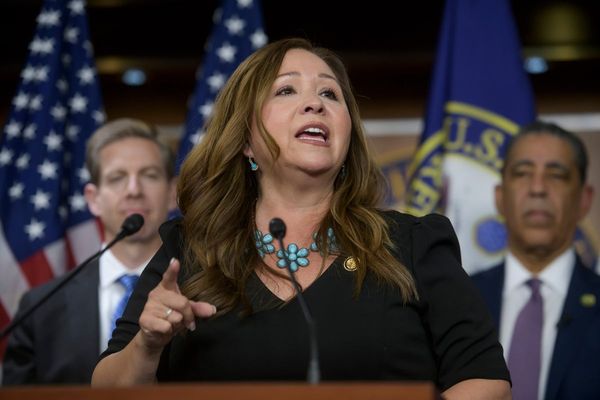
Having an emergency fund is a cornerstone of financial security, offering a crucial safety net when life throws unexpected curveballs. We’re often told it’s non-negotiable, a shield against sudden job loss, medical bills, or urgent repairs. But what if some of the common wisdom you’ve diligently followed is actually steering you wrong or simply doesn’t fit today’s financial landscape? It’s time to look past the surface, because some advice from banks and even well-meaning financial gurus can be outdated or dangerously misleading. This article will expose six common lies you’ve been told about emergency funds and reveal the essential truths you need to build a truly effective financial cushion in 2025.
1. You Should Invest Your Emergency Fund
The truth is that your emergency fund should always be liquid. This way, if you need the money unexpectedly, you’ll be able to access it quickly and without any red tape. While investing your emergency fund is the best way to help it grow, it probably won’t benefit you if there’s a true emergency.
2. You Should Keep Your Emergency Fund in Your Checking Account
The reality is you should probably not keep your emergency fund in your checking account. Instead, it should be in a separate account. This way, you won’t touch the funds unless you truly need it. Some people even hide their emergency fund account so that they aren’t tempted to use the funds for other reasons. For the best results, you should put your emergency fund in a high-yield savings account or money market account.
3. You Need to Have 3-6 Months of Expenses in Your Emergency Fund
While having 3 to 6 months of expenses in your emergency fund is standard, it’s not always possible. It’s better to have an emergency fund than not. Keep working towards this goal, but don’t let it discourage you from putting money aside for an emergency fund. Do whatever you can. That makes sense for your budget.
4. Everyone Has an Emergency Fund
Not every American has an emergency fund. In fact, more than half of Americans are uncomfortable with how much emergency savings they have. If you don’t have one yet, it’s not something to be ashamed of and can be something that you work toward.
5. You Can Just Use Credit Cards for Emergencies
While many banks may try to sell you on opening a credit card with them, you shouldn’t rely on credit cards for emergencies. You’ll pay unnecessary interest and only get into debt. Plus, if you can’t afford to make payments, you’ll damage your credit score.
6. You Should Rebuild Your Emergency Fund as Soon as Possible after Using It
If you’re facing a financial hardship and have to deplete your emergency fund, it may not behoove you to replenish the fund right away. Instead, you might have to focus on paying down other debts or taking care of other expenses first make sure that you aren’t stretching yourself too thin when you’re putting money aside for your emergency fund if you ignore other financial obligations that can have long-term impacts on your financial health and things like your credit score having an emergency fund is a luxury and if it doesn’t fit into your budget right now, it doesn’t mean that it won’t in the future.
Building a Smarter Safety Net
Navigating the world of personal finance means questioning much of the “standard” advice, especially concerning your emergency fund. As we’ve explored, what works for one person, or what was true a few years ago, might not be the best approach for your unique situation today. By understanding these common misconceptions and the truths behind them, you’re now better equipped to make informed decisions about your savings. Use this knowledge to critically assess your own emergency fund strategy and build one that genuinely supports your financial well-being and resilience. Ultimately, a thoughtfully managed emergency fund, built on sound and current principles, is your strongest defense against life’s inevitable surprises.
Do you have an emergency fund? Let us know in the comments.
Read More
10 Brutal Truths About Dropshipping That No Guru Will Admit
5 Ways Your Cafe Can Be More Efficient and Eco-Conscious
The post 6 Lies about Your Emergency Fund That You’ve Been Told by Your Bank appeared first on Thousandaire.







